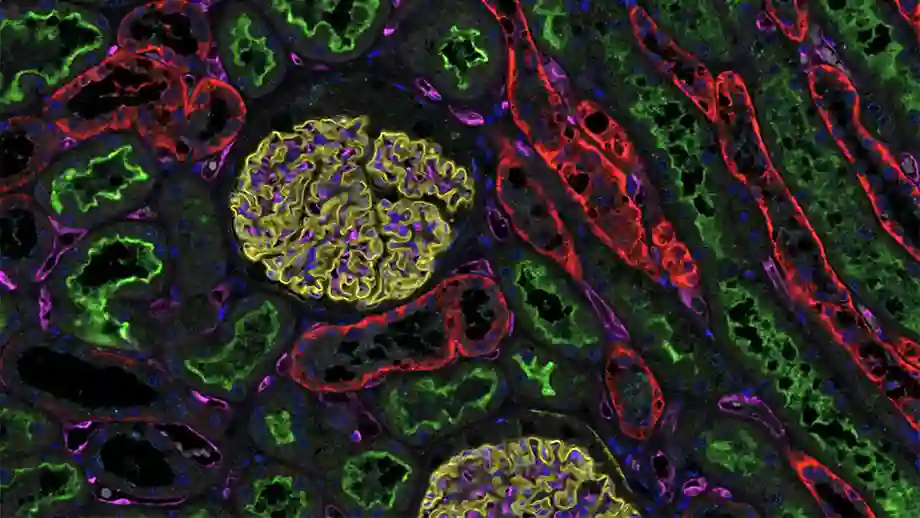Major Investment in AI and Life Sciences

The Knut and Alice Wallenberg Foundation (KAW) has committed 400 million kronor to Alpha Cell, a groundbreaking research project that partially builds on data from the Human Protein Atlas (HPA), led by Mathias Uhlén. The pilot project aims to develop the first models capable of predicting the function of the smallest building blocks in the human body, using artificial intelligence and molecular data over time and space.
Researchers working under the Alpha Cell initiative will focus on computational models that simulate processes inside human cells. In the first phase, the team will use proteomic data from the HPA. The research, jointly carried out by SciLifeLab and the KTH Royal Institute of Technology, is led by Uhlén, a professor at KTH, alongside Jan Ellenberg, director of SciLifeLab.

“Alpha Cell will create 3D spatial maps of molecular structures within cells and track their dynamics over time,” Uhlén says. “In other words, the project will generate visual simulations using AI to better understand the dynamic behaviour of molecules, cells, and tissues.”
Understanding how diseases develop
The simulations have broad applications. They can help researchers understand how diseases originate at the cellular level and explore cellular changes linked to processes such as ageing. Additionally, the project will examine how molecular and cellular dynamics respond to environmental or genetic factors.
“We also envision this work enabling predictions of disease progression and virtual testing of therapeutic interventions,” Uhlén says. “The simulations may also uncover unknown biological states or mechanisms, generating hypotheses for further research.”
The accuracy of these simulations is a priority, Uhlén notes.
“Yes, the simulations undergo repeated iterations to ensure precision and reliability,” he says. “AI models are trained on large, varied datasets and validated against biological data to confirm the results’ biological relevance. The models also include uncertainty measures to build trust in their predictions.”
Critical for large-scale projects
According to Uhlén, KAW’s financial support is crucial for enabling large-scale, interdisciplinary projects like
Alpha Cell.
“Without this funding, it would be difficult to integrate AI, molecular biology, and advanced imaging technologies to create predictive models of human biology,” he says. “The funding also supports the development of innovative technologies and open access to data, which greatly benefits the research community.”
The investment also extends funding for the Human Protein Atlas through 2030.
“Extending HPA’s funding is essential as we continue mapping protein expression in human tissues and cells,” Uhlén says. “This work is critical to understanding human biology and diseases. HPA remains a fundamental resource for researchers, and we will continue efforts to make it even more accessible and useful. Projects like Alpha Cell rely on these detailed molecular maps to build accurate AI models of cell functions.”
Text: Peter Asplund
